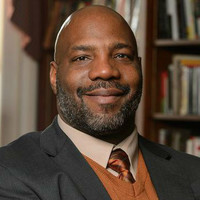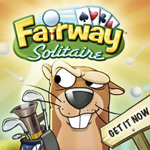
The Issuu Guide to Fashion Media Icons
This guide is sponsored by Issuu, the world's fastest growing digital publishing platform. Issuu's publishers include the biggest names in fashion, lifestyle, art, sports, and global affairs. And many more publications are created by people just like you.
Tonight, one of those publishers, The Daily Front Row, is hosting the first annual Fashion Media Awards at Fashion Week. Eight of the fashion industry's most powerful and influential people will be honored. Tomorrow, The Daily Front Row will publish its annual Media Issue, which you can read on Issuu.</i>
Until then, check out these classic profiles of fashion media icons:

















